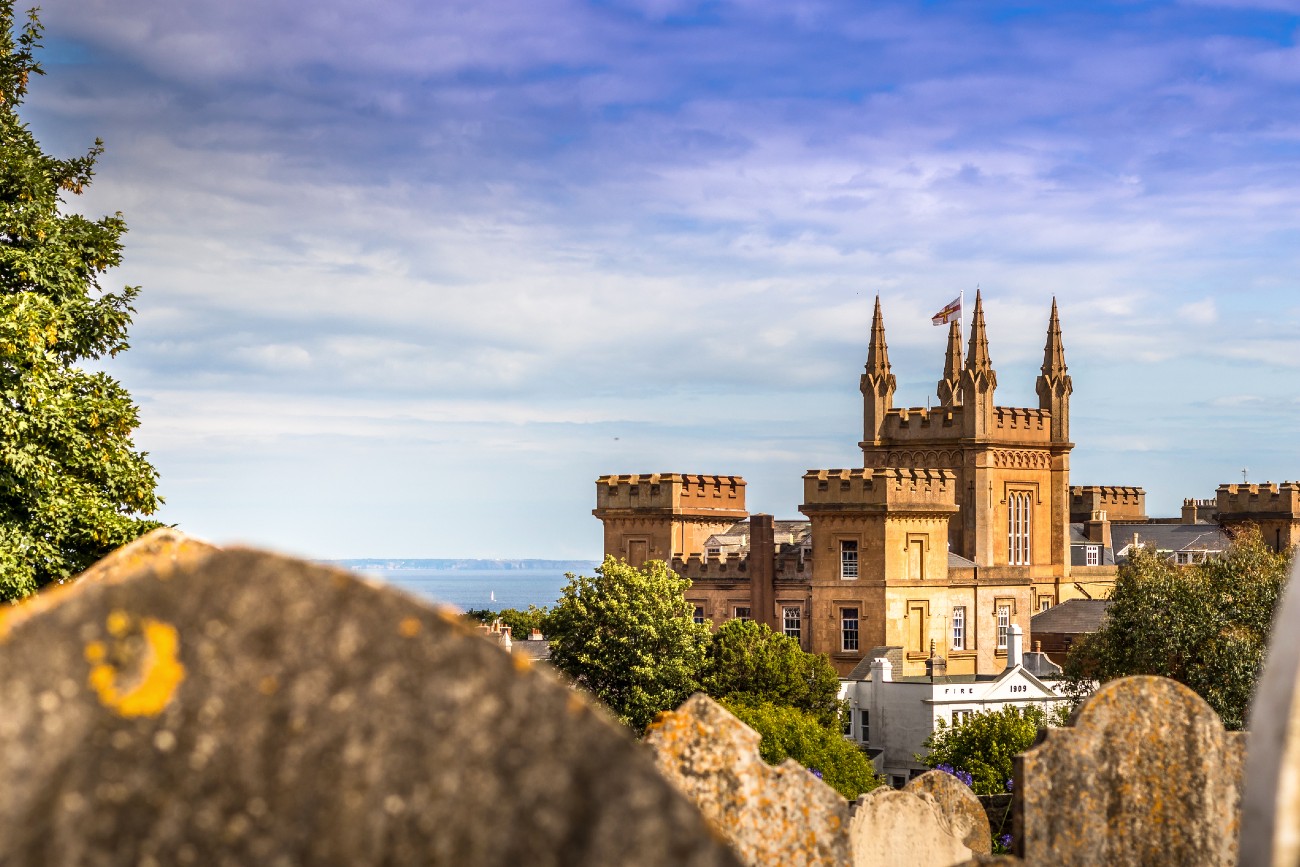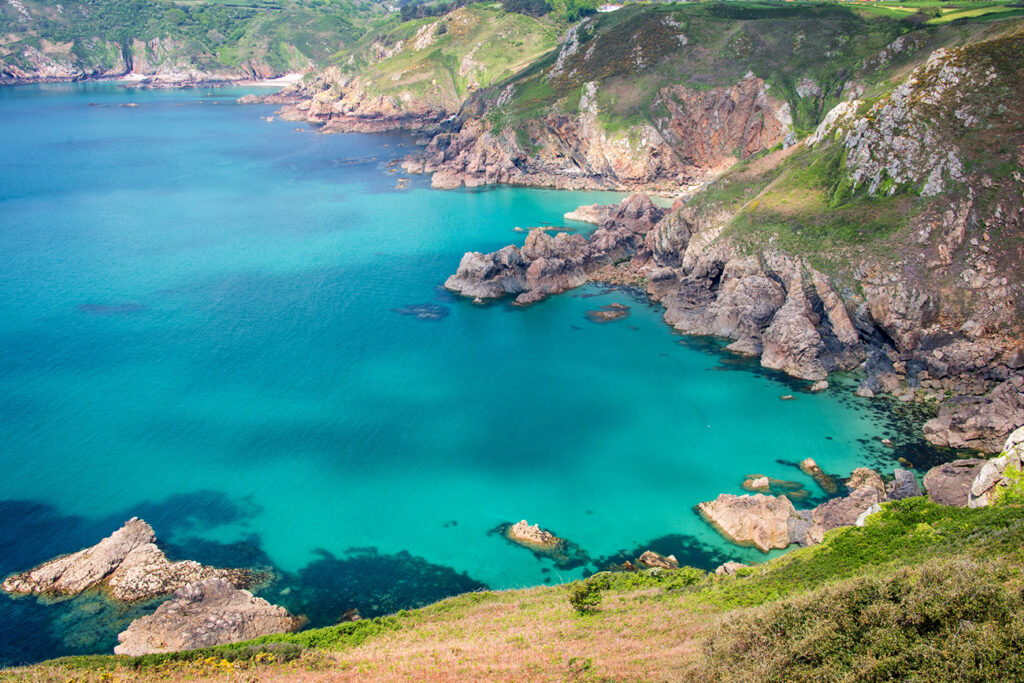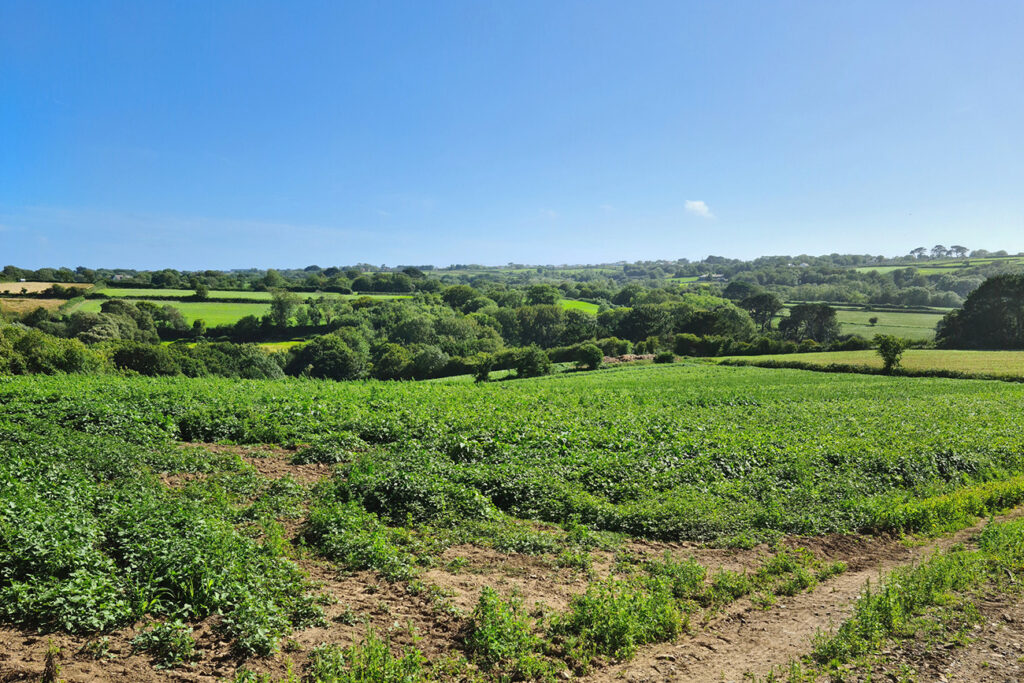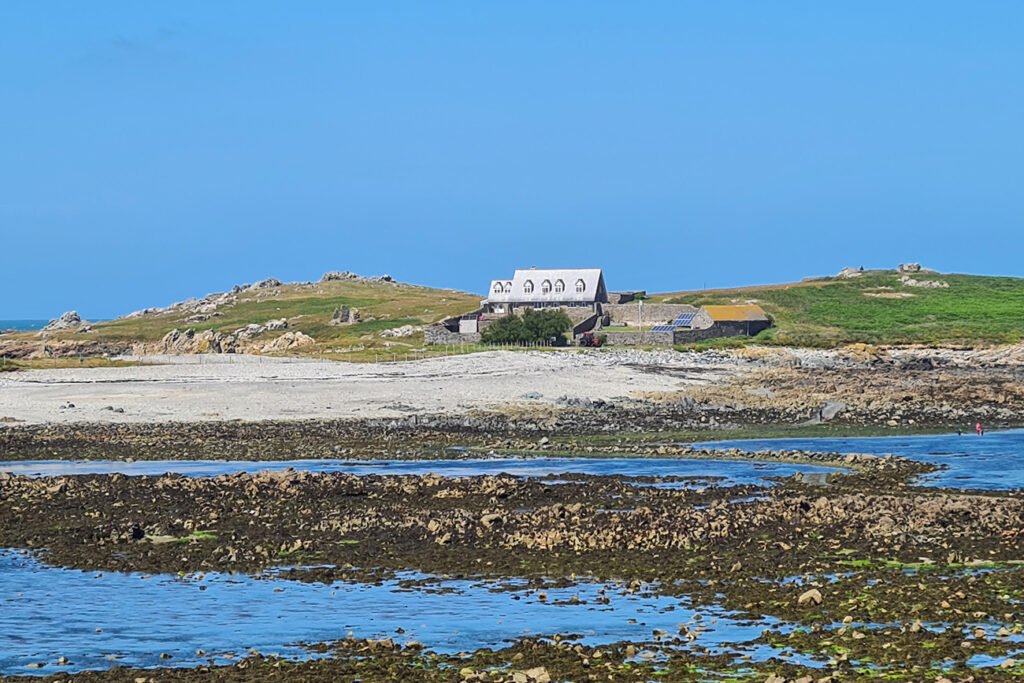Guernsey
Warm summer temperatures, glorious bays and secret rocky coves make the island of Guernsey one of the best beach holiday destinations in western Europe. As the second largest of the Channel Islands, Guernsey certainly doesn’t sit in the shadow of its larger sibling, Jersey, having developed a unique culture of its own. With its heavy French influence and taste for seafood, the island’s culinary offerings are fantastic, making it a real hit with foodies.
Guernsey is a very manageable size of 62 square kilometres (38 square miles) which – although relatively small – still offers a great range of places to go and things to see. The bustling capital of St. Peter Port in the east is vibrant and full of life, while the villages that dot the surrounding countryside are the perfect getaway. The coastline is often the biggest draw for many visitors, but Guernsey is also known for its impressive fortifications and diverse nature reserves.
Things to See and Do in Guernsey
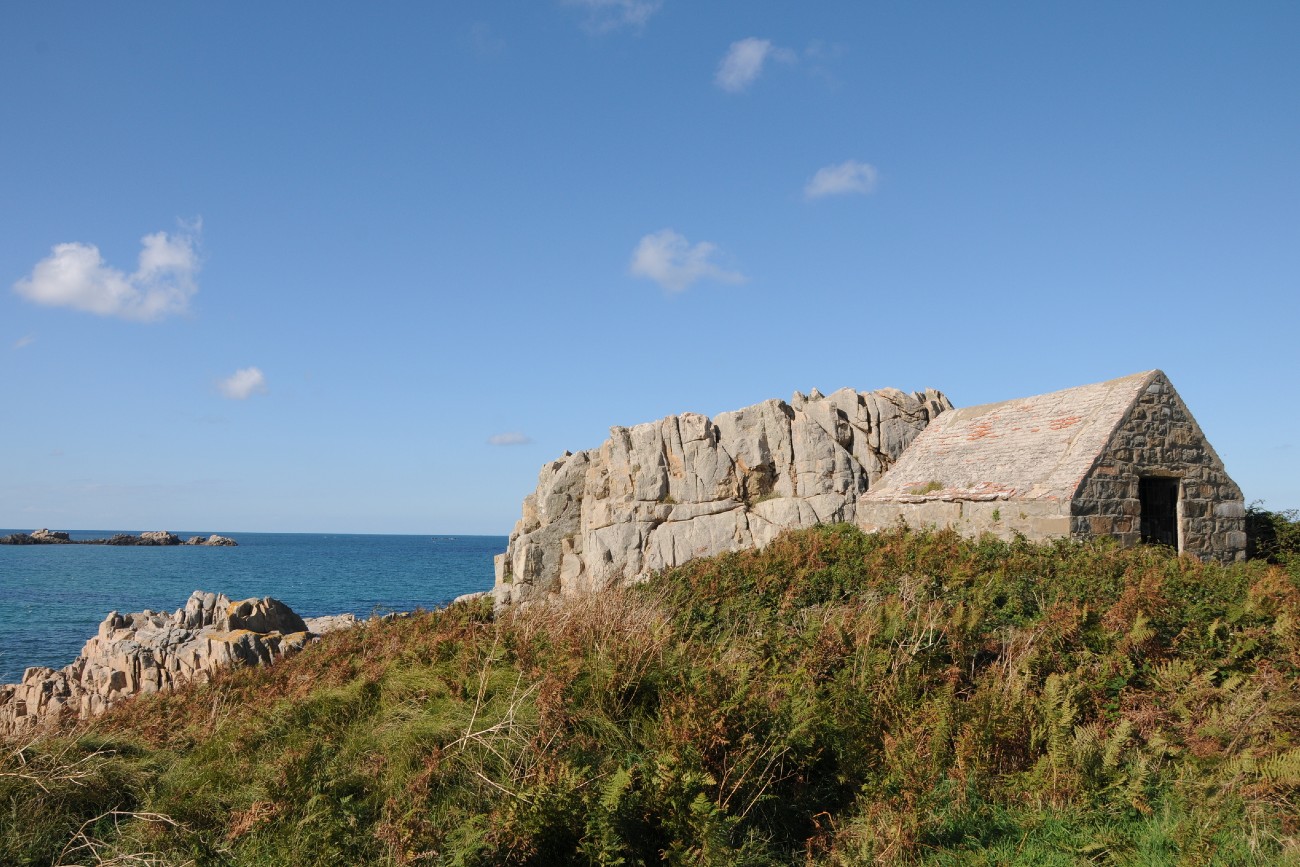
Fort le Marchant on coast at L’Ancresse Bay
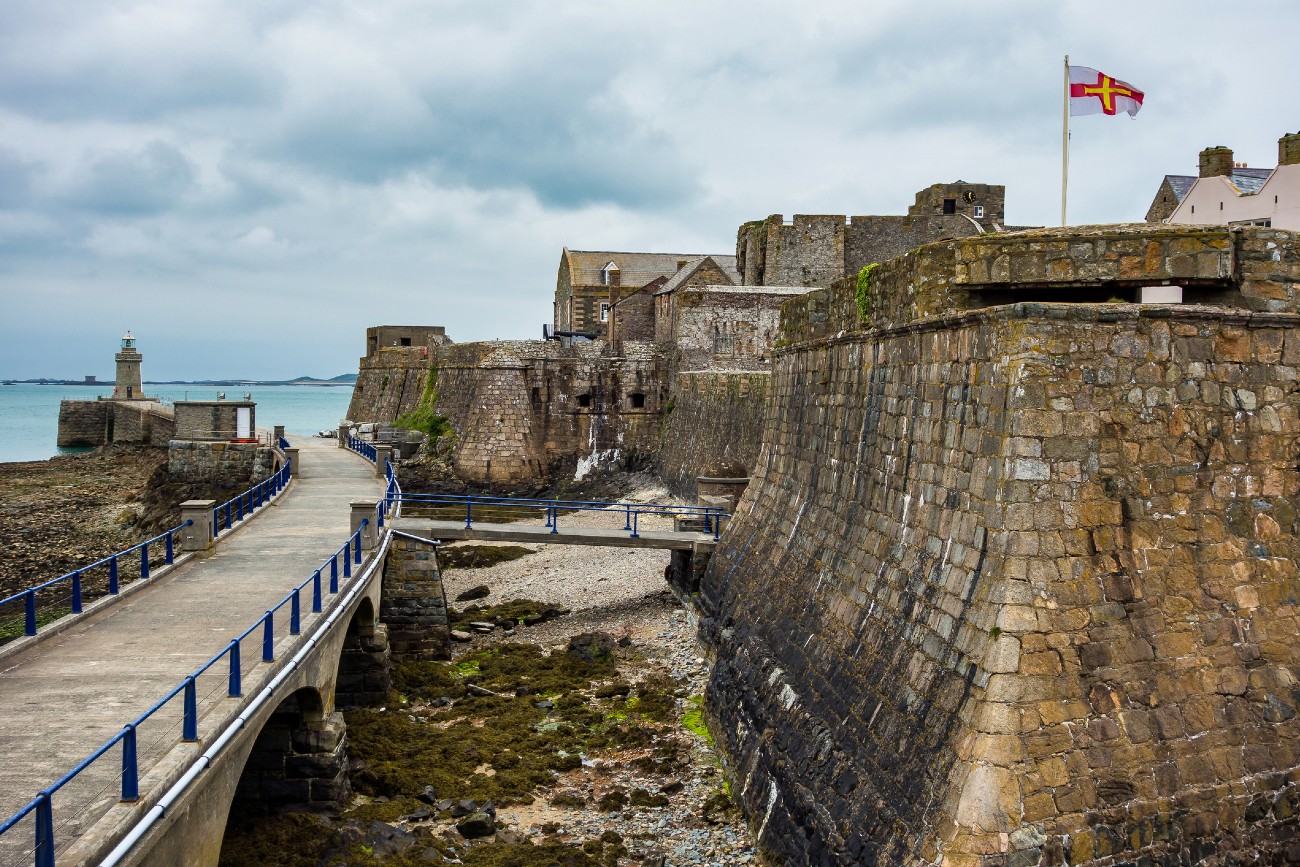
Castle Cornet, Guernsey
Typical Costs When Travelling
Accommodation – There is a variety of accommodation options in Guernsey, including hotels, B&Bs, Airbnbs and hostels. Hotels are generally the most popular, with prices for 3-star hotels varying between £90 and £130, depending on the season. Hostels are much cheaper and often the best option for budget travelling, although small B&B rooms can cost as little as £50 per night.
Food – The cost of living in Guernsey is on average about 30% higher than in the UK, meaning everyday goods such as milk and bread are quite expensive. If you’re eating out, a typical restaurant meal for one person will cost you around £15, although fine dining options tend to much more pricey. The island has a great selection of cafes and beach kiosks, however, and these can offer better value for quick meals.
Transportation – The bus network on Guernsey is very well developed and covers all of the island’s parishes and major attractions. A standard fare will cost you £2, but you can make use of day passes or weekly passes, which work out at a far cheaper rate.
Taxis are generally not cheap (a typical trip from the airport to St. Peter Port may set you back £20). Hiring cars is a good option if you wish to explore the more remote parts of the island, with several hire companies operating on the island. It is usually easy to hire a car for as little as £40 – £50 pounds per day.
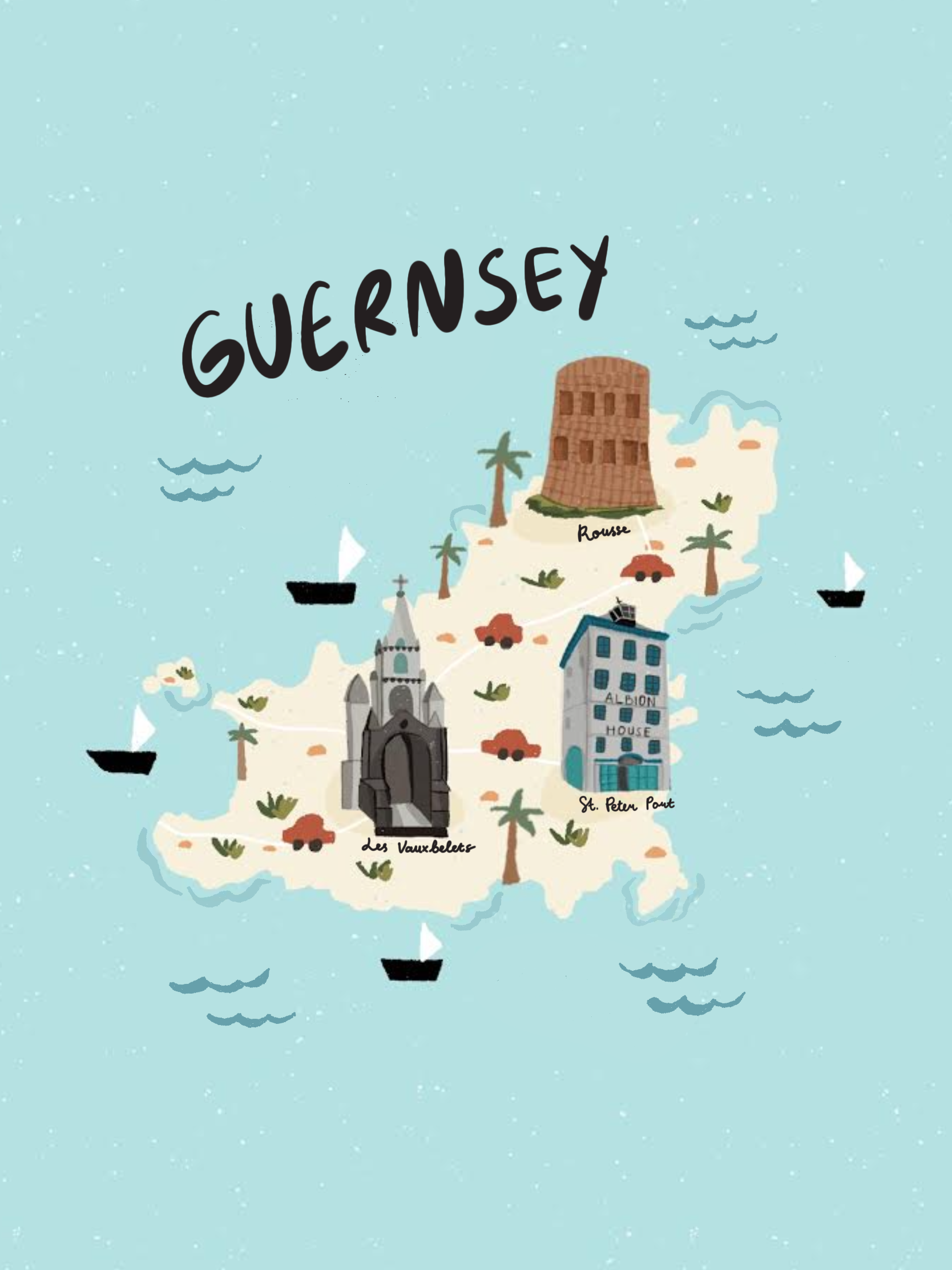
Suggested daily budget: 74 – 82 EUR / 90 – 100 USD / 64 – 71 GBP
Note: This is a suggested budget assuming you’re staying in a hostel, eating out a little, cooking most of your meals, and using local transportation. Using the budget tips below, you can always lower this number. However, if you stay in fancier accommodation or eat out more often, expect this to be higher!
Money Saving Tips
Find your perfect getaway in Guernsey with our top picks
What else can you expect from Guernsey?
If you’re passing by a house in Guernsey, you might spot a strange piece of granite sticking out from it. These are known as ‘witch’s seats’ and can be seen on many of the houses on the island. It is said that residents in past centuries incorporated them into the building of houses to encourage witches to stop and rest, rather than cause havoc. The rich folklore of Guernsey is also evident in the form of sites such as the Fairy Ring, on Pleinmont Headland. This mysterious ring is said to have been frequented by fairies, and it is thought that if you walk around it three times and make a wish, it will come true.
Guernsey’s weather is very pleasant during the spring and summer, making it great for outdoor activities. Spring actually arrives four weeks earlier in Guernsey than it does in mainland Britain, which means many types of unique flora can survive.
Related articles
November 28, 2020






